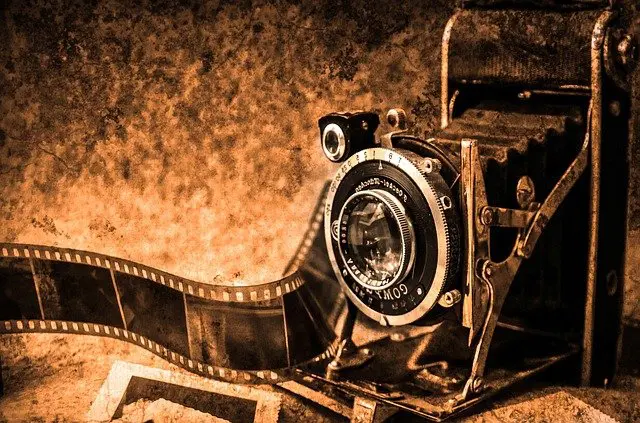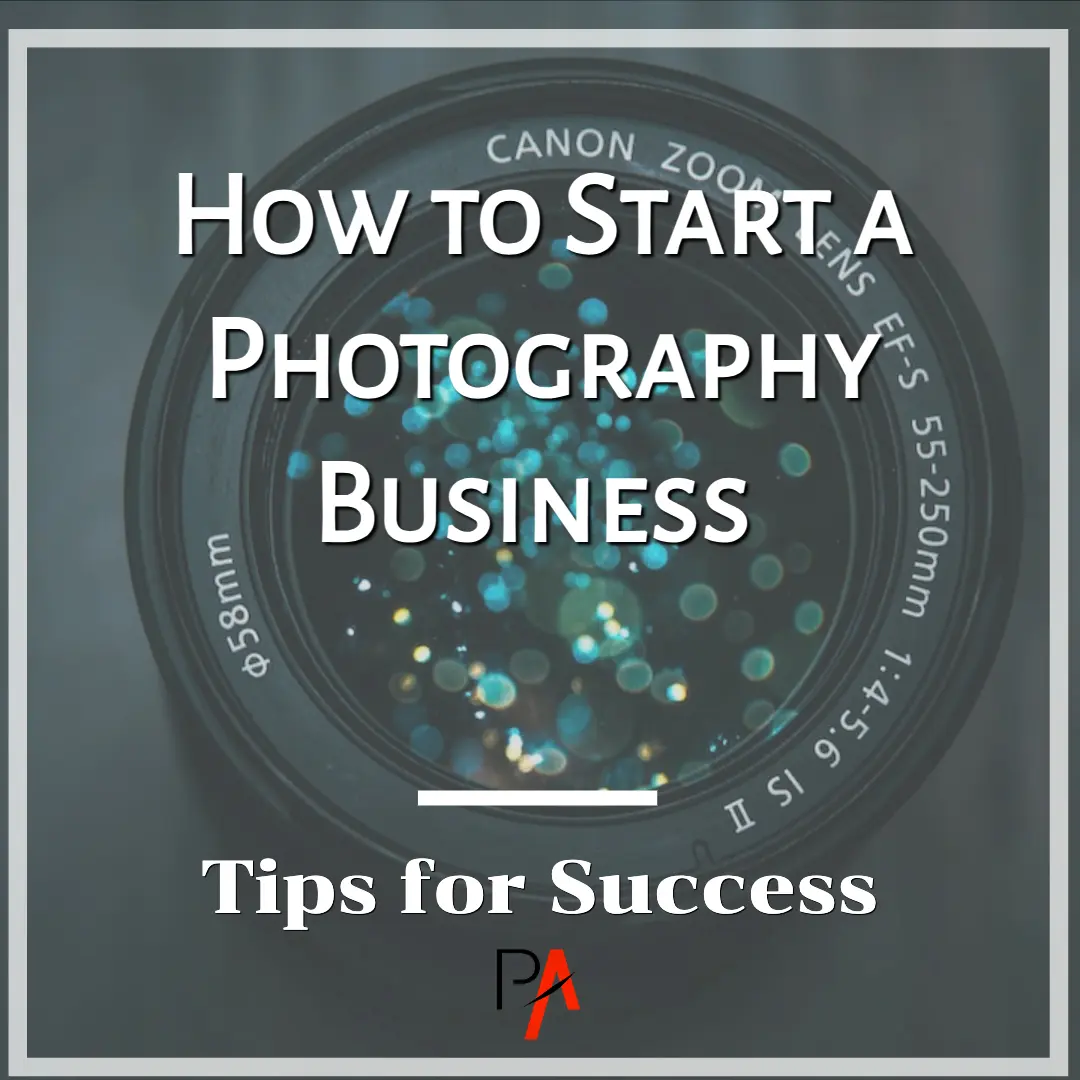If you have a passion for photography and want to turn it into a successful business, starting your own photography business can be a great opportunity. However, launching a photography business requires careful planning and organization. In this article, we will discuss the essential steps to start a photography business successfully.
Introduction to Starting a Photography Business
Choosing to Start a photography business involves more than just taking great photos. It requires setting up a solid foundation for your business, creating a unique brand, and implementing marketing strategies to attract potential clients.
Essential Steps to Start a Photography Business
The first step in starting a photography business is deciding on a business name and registering your business as a sole proprietorship or other legal entity. Obtain the necessary licenses and permits to operate legally. Create a business plan outlining your goals, target market, and financial projections. Invest in quality photography equipment and editing software to deliver professional photography services.
Branding Your Photography Business
Your photography business needs a strong brand to stand out in a competitive market. Define your niche, whether it’s wedding photography, portrait photography, or any other type of photography that you excel in. Develop a unique style and use it consistently across your portfolio, website, and social media channels. Build a strong online presence to showcase your work and attract potential clients.

Tips for a Successful Photography Business Startup
Starting a photography business with no experience can be daunting, but there are tips to ensure a successful startup. Utilize your network and request referrals from friends, family, and satisfied clients. Offer your services as a side hustle at the beginning to gain experience and build a portfolio. Manage your business expenses efficiently and separate your personal and business finances.
Marketing Strategies for Your Photography Business
Marketing is crucial for the success of any photography business. Create a professional website and optimize it for search engines. Use social media platforms like Instagram, Facebook, and Twitter to showcase your work and engage with potential clients. Collaborate with local businesses and offer special promotions to attract new customers.
Harnessing Social Media for Your Photography Business
Plans to start a photography business? Social media is a powerful tool for marketing and growing your photography business. Use platforms like Instagram and Pinterest to share your work and connect with your target audience. Engage with your followers, respond to comments, and build relationships. Collaborate with influencers and utilize hashtags to expand your reach.
Ensuring the Sustainability of Your Photography Business
To ensure the sustainability of your photography business, focus on delivering exceptional customer service and building long-term relationships with your clients. Continuously update your skills and stay updated with the latest photography trends. Adapt to changes in the industry and regularly assess and adjust your pricing to remain competitive.

Conclusion: Launching and Growing Your Photography Business
Starting a photography business requires careful planning, dedication, and marketing strategies. By following the essential steps outlined in this article, you can successfully launch and grow your own photography business. Remember to continually improve your skills, market your services, and provide exceptional customer experiences to ensure the long-term success of your business.
Start A photography business. Frequently Asked Questions:
Q: What is the importance of having a business plan as a photographer?
A: Having a business plan as a photographer is crucial as it serves as a roadmap for your photography business. It helps you outline your goals, target market, and financial projections, allowing you to make informed decisions and guide your business toward success.
Q: How much does it cost to start a photography business?
A: The cost to start a photography business can vary depending on various factors such as the type of photography you specialize in, equipment needed, marketing expenses, and business registration fees. On average, starting costs can range from a few hundred to several thousand dollars.
Q: Do I need a business license to start a photography business?
A: Yes, in most cases, you will need a business license to legally operate your photography business. It’s important to check with your local government or municipality to understand the specific licensing requirements for your area.
Q: What are the essential steps to start a photography business?
A: To start a photography business, you should consider the following essential steps: – Develop a solid business plan – Register your business and obtain necessary licenses – Set up a business entity (such as a sole proprietorship or LLC) – Acquire the necessary equipment and gear – Define your niche and target market – Create a portfolio to showcase your work – Set pricing and establish your photography services – Develop a marketing strategy to promote your business – Network with other professionals in the industry – Continuously improve your skills through education and practice.
Q: Can I start my photography business as a side hustle?
A: Yes, starting a photography business as a side hustle is a common approach. It allows you to test the market, build your portfolio, and generate additional income while maintaining your current job or commitments. However, it’s important to manage your time effectively and ensure that you can provide quality service to your clients.
Q: What are the different types of photography businesses?
A: There are various types of photography businesses you can pursue, including: – Wedding and event photography – Portrait photography – Commercial and product photography – Real estate photography – Fashion and beauty photography – Wildlife and nature photography – Fine art photography – Sports photography – Food photography – Stock photography.
Q: How can I legally establish my photography business?
A: To legally establish your photography business, you may need to follow these steps: – Register your business name with the appropriate government agencies – Obtain any required permits or licenses – Determine the legal structure of your business (sole proprietorship, LLC, etc.) – Obtain necessary insurance coverage – Set up a business bank account separate from your personal finances – Keep proper financial records and comply with tax regulations.
Q: What are the startup costs involved in starting a photography business?
A: Startup costs for a photography business can include expenses such as purchasing camera gear and equipment, setting up a website, marketing and advertising, obtaining licenses, insurance, and initial professional development or training. It’s important to carefully budget and plan for these costs to ensure a successful start.
Q: How can I market my photography business?
A: There are several ways to market your photography business, including: – Building a professional website and showcasing your portfolio – Utilizing social media platforms to share your work and engage with potential clients – Networking within the photography community and attending industry events – Collaborating with local businesses or influencers for cross-promotion – Implementing SEO strategies to improve your online visibility – Offering special promotions or discounts to attract new clients – Leveraging word-of-mouth marketing through client referrals – Advertising in local publications or online platforms targeted to your niche market.
Q: What is the best business entity for a photography business?
A: The best business entity for a photography business can vary depending on factors such as your location, liability concerns, and tax considerations. Common options include sole proprietorship, LLC (Limited Liability Company), or S Corporation. It’s recommended to consult with a legal professional or an accountant to determine the most suitable entity for your specific circumstances.




